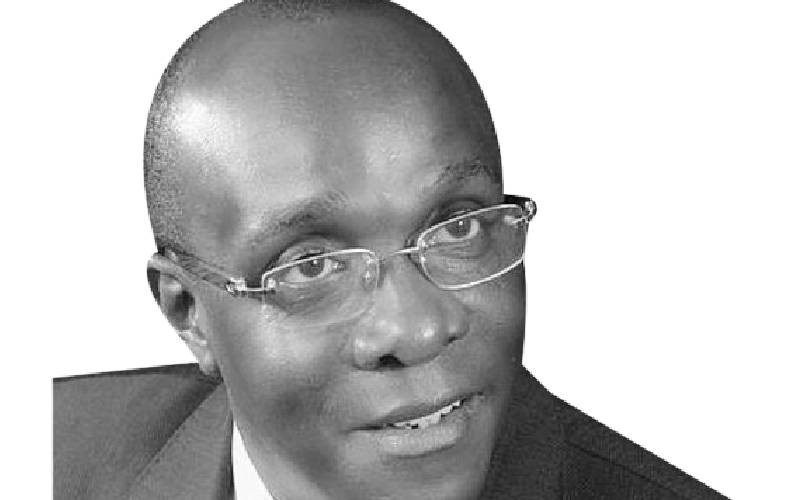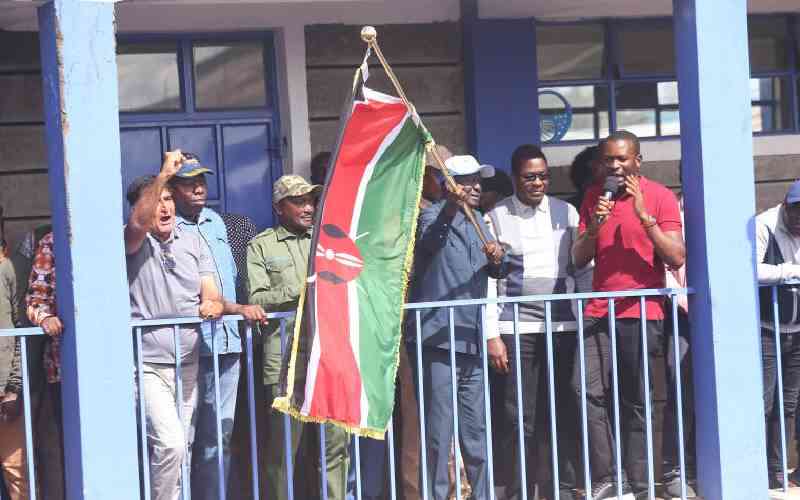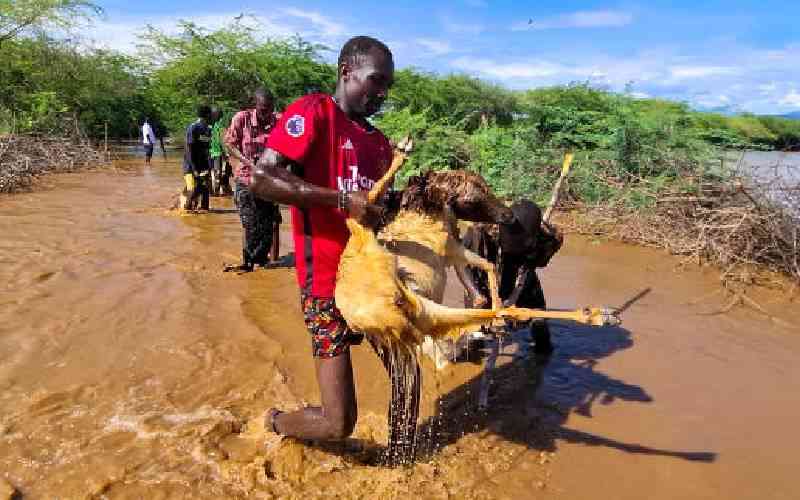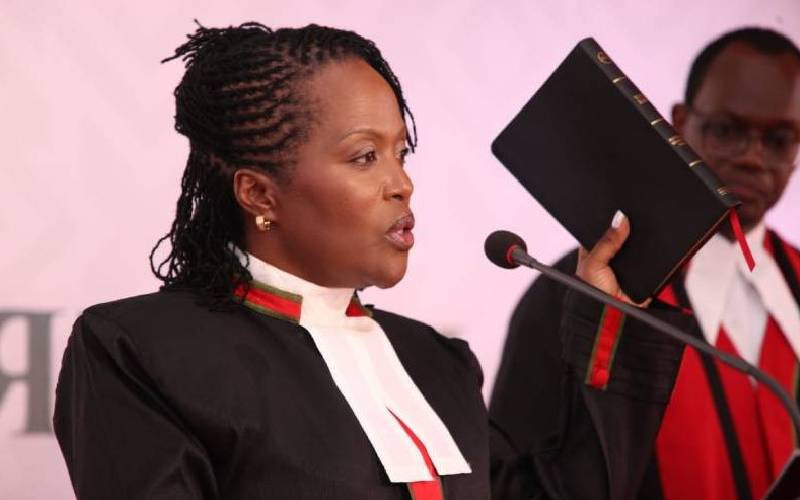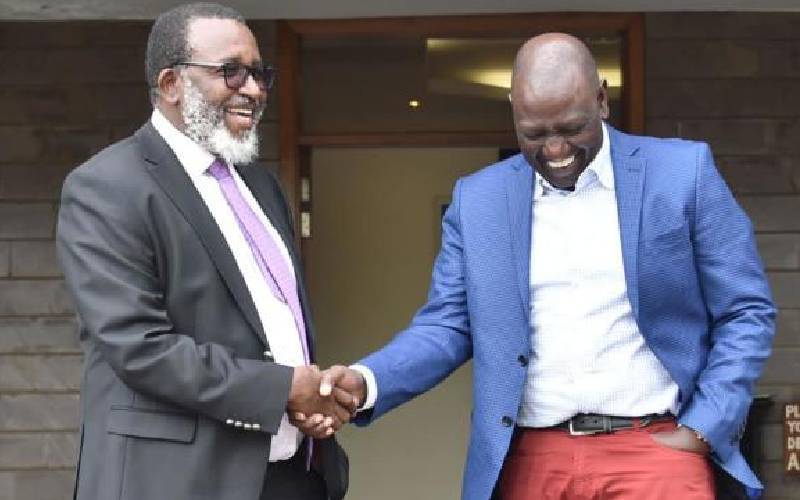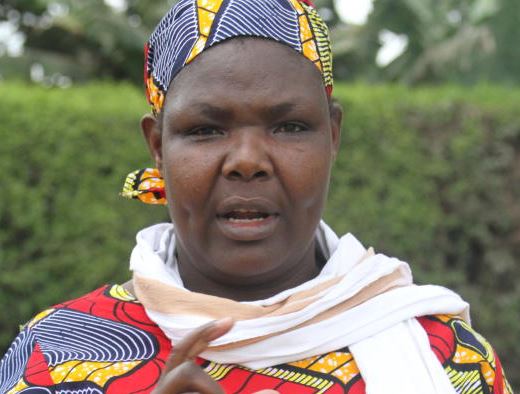
“We are just two strangers who met through the disappearance of our sons. We are now bonded by our pursuit for justice long after the court ruled that the state should pay us Sh5 million each.” That is how Sarah Muyera (pictured) and Eunice Kajairo describe their friendship.
Every day, they hope someone will give them a clear brief on what happened to the money they were to be awarded, or if they will ever get it.
Their story begins in 2016. They returned to their respective homes and found their sons missing. A witness, Hermaton Idaki, told them their sons Erickson Aluda and Brian Nzenze had been taken by police at Kawangware market at around midday.
Aluda was riding a boda boda and Nenze was his pillion passenger. Policemen in Toyota Land Cruiser registration number GKA 875X stopped them. An altercation ensued. They were then bundled in the police car and that was the last time the duo, in their early 20s were seen.
The witness who reported the incident was found dead by the roadside three weeks later, deepening the mystery. Nobody knows what happened to Nzenze and Aluda. Details on why they were taken by the police are scanty.
In a winding court case marked with tears and media publicity, the judge made a ruling in 2018: “The state owed Muyera and Kajairo Sh5 million each for the anguish the family had gone through.”
The High Court ordered Inspector General of Police to pay Muyera and Kajairo Sh5 million each and investigate and prosecute those involved in the disappearance of the Kawangware boys who were presumed dead, making the case one of the few where the state has been charged with extrajudicial killings.
Sense of relief
After the ruling, Kajairo remembers feeling a sense of relief. All the tears she had shed in many courtroom sessions and the energy she had spent trying to trace her son had amounted to something.
Although the money was not value for their lost children, the two mothers felt that somehow, someone had listened to their story and felt remorse.
“Being awarded Sh5 million did not replace my son, but I needed that money to start over. To go far away and forget the pain,” she said.
Two years later, they are still waiting. They went home and were told they will be guided on how to access the money. Nobody did. “Everything went quiet. The horrible wait started,” says Muyera.
Hanningtone Amol who took the case pro-bono says the state appealed, and a new case is expected to start. For the two women, the feeling of almost getting justice and then having it yanked is too much to bear.
“You become bitter. Everything stops making sense. You start feeling like you do not matter to anyone. It is a bad feeling to have,” says Kajairo, adding that the court case took so much of their time and energy, they abandoned the manual jobs.
Stay informed. Subscribe to our newsletter
“We always wonder what it will take for us to get the compensation and why it is taking so long,” she says.
To that, Law Society of Kenya (LSK) chairman Nelson Havi says getting the money will be a tall order. He says the society has more than 200 cases of people awarded against the state, and they are still waiting as years go by.
“From our records, the state owes people more than Sh10 billion. It is unfair for the government to treat its people like that,” he says.
He adds that the complexity of the law that governs compensation makes it more difficult for the awardees.
Lawyer Lucas Kang’oli explains that pursuing such claims gets difficult both for the lawyer and the awardees since there is no specific person to be held to account.
“There are no assets to attach and there is no one you can cling on and ask to pay. There are people who have to part with some money for their cases to be processed,” he says.
Havi says the society is planning to file a consolidated petition on behalf of the people still waiting for the government to compensate them.
For Muyera and Kajairo, the wait continues and they join the list of many still waiting for compensation from the government.
Duncan Oketch has been following up on his uncle’s compensation for land he lost to the government. He says he has made numerous trips to the AG because his uncle is ailing, and the family is almost giving up.
“They award you the money knowing so well that they will not give it to you. It is meant to soothe you for a few days,” he says.
 The Standard Group Plc is a
multi-media organization with investments in media platforms spanning newspaper
print operations, television, radio broadcasting, digital and online services. The
Standard Group is recognized as a leading multi-media house in Kenya with a key
influence in matters of national and international interest.
The Standard Group Plc is a
multi-media organization with investments in media platforms spanning newspaper
print operations, television, radio broadcasting, digital and online services. The
Standard Group is recognized as a leading multi-media house in Kenya with a key
influence in matters of national and international interest.
 The Standard Group Plc is a
multi-media organization with investments in media platforms spanning newspaper
print operations, television, radio broadcasting, digital and online services. The
Standard Group is recognized as a leading multi-media house in Kenya with a key
influence in matters of national and international interest.
The Standard Group Plc is a
multi-media organization with investments in media platforms spanning newspaper
print operations, television, radio broadcasting, digital and online services. The
Standard Group is recognized as a leading multi-media house in Kenya with a key
influence in matters of national and international interest.


